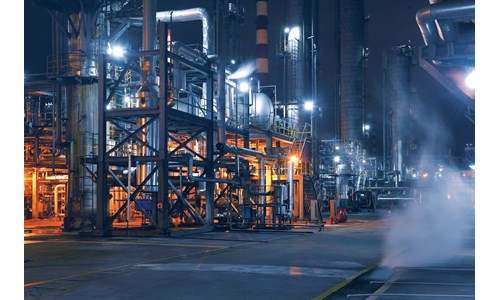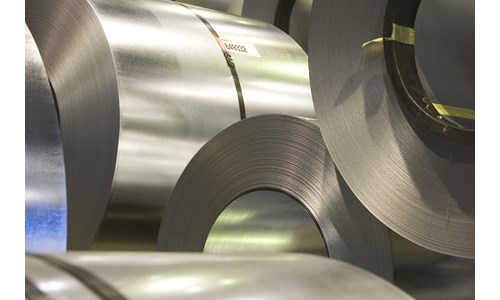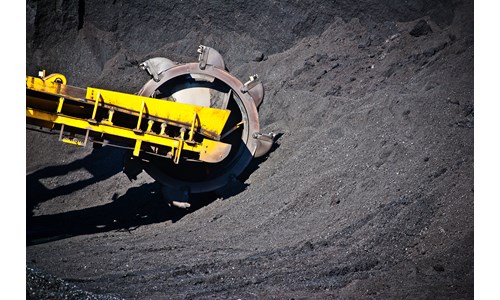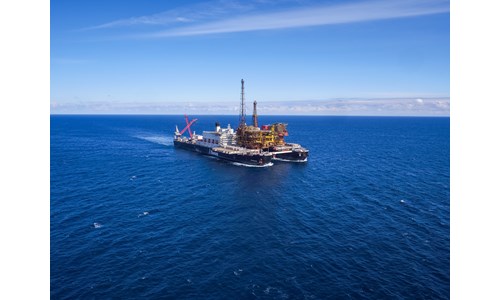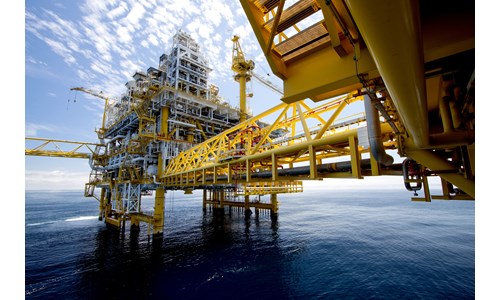Canada's carbon price to rise to $170/tonne: implications for upstream
*Please note that this report only includes an Excel data file if this is indicated in "What's included" below
Report summary
Table of contents
-
Executive summary
- Canada's emissions in context
- Ensuring pollution is not free
- Assessing the cost impact on oil sands projects
- Alberta TIER regulations
- Projects exposed to carbon liabilities under TIER now see a higher impact under a C$170/tonne price
- Quantifying potential carbon costs across different scenarios
- Clean Fuel Standards
- Comparison to other regimes
Tables and charts
This report includes the following images and tables:
- Canada's emissions in context
- Federal Government's proposed carbon price
- Carbon costs under TIER using $50 versus $170/tonne price
- Primrose / Wolf Lake valuations under different carbon pricing scenarios
- Primrose / Wolf Lake 2021 netback waterfall
- Primrose / Wolf Lake 2030 netback waterfall
- Status of carbon price or emissions trading system (ETS) of major hydrocarbon producing countries
What's included
This report contains:
Other reports you may be interested in
US Lower 48 Gas - corporate benchmarking
Benchmarking US gas producers on strategy, resilience, LNG exposure, and M&A capacity in a tightening market.
$1,350Grand Baie aluminium smelter
A detailed analysis of the Grand Baie aluminium smelter.
$2,250Oil sands: quantifying the 2019 carbon price
In this analysis we dive into Alberta's carbon regulations, carbon pricing and quantify the impacts for oil sands projects and producers.
$1,350





